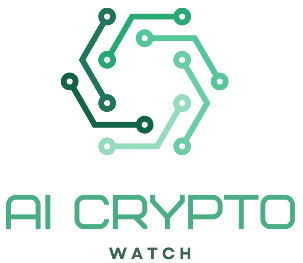In a recently conducted BitPinas Webcast crypto lawyer Atty. Rafael Padilla reminded the public to participate and provide feedback for the draft “Rules on Crypto-Assets Service Providers” proposal of the Securities and Exchange Commission (SEC).
What’s the significance: By giving feedback, the local crypto community fulfills its role in shaping regulations that could impact the industry’s growth and adoption in the Philippines.
Key details:
Key quote:
“Remember that these are draft rules, hindi pa approved. Kung hindi tayo nag a-agree doon sa rules, let’s take action and participate in the consultation process. Ang mahirap kasi is yung puro reklamo pero wala namang ginagawa. I’m telling yung ating mga audience—BitPinas community, Crypto PH community in general— review these rules. If you want to complain, there is something you can do about this. Participate in the public consultation, tell the SEC what’s your concern.”
Atty. Rafael Padilla
[Translation: Remember that these are draft rules and not yet approved. If we don’t agree with the rules, let’s take action and participate in the consultation process. The problem is when people just complain but don’t do anything about it. I’m telling our audience—the BitPinas community and the Crypto PH community in general—to review these rules. If you want to complain, there’s something you can do about it. Participate in the public consultation and tell the SEC your concerns.]
Atty. Padilla further urged the community and industry to step up and make their voices heard by the SEC, as failing to speak up could lead the SEC to assume that the proposed policy is acceptable as it is.
How it works: Feedback on the draft “Rules on Crypto-Assets Service Providers” can be submitted to Atty. Paolo Montano M. Ong at the SEC Headquarters or via email to [email protected] by January 18, 2025.
SEC draft on Rules on Crypto-Assets Service Providers: The Philippines’ SEC recently released draft rules for crypto-asset service providers, detailing licensing, compliance, marketing, cybersecurity, anti-market manipulation, and penalties.
Between the lines: While regulation is necessary, overly stringent or poorly designed rules could stifle innovation and drive web3 businesses to relocate to more crypto-friendly jurisdictions.
However: The challenge lies in ensuring that the feedback from the community is well-organized, constructive, and backed by data or compelling arguments to influence the SEC’s decisions effectively.
Worth reading: Accordingly, the Philippine crypto community expressed mixed reactions to the SEC’s draft rules for CASPs, with some highlighting their potential to enhance transparency and consumer protection, while others criticized them as restrictive, burdensome, and misaligned with innovation.
What else is happening in Crypto Philippines and beyond?


